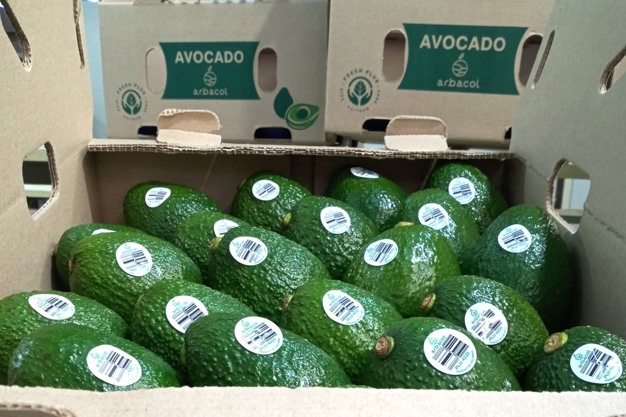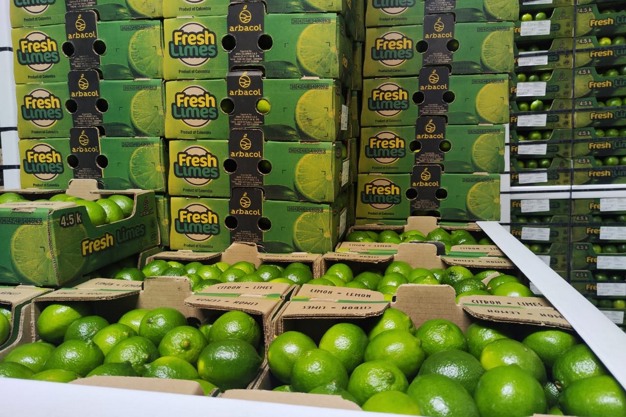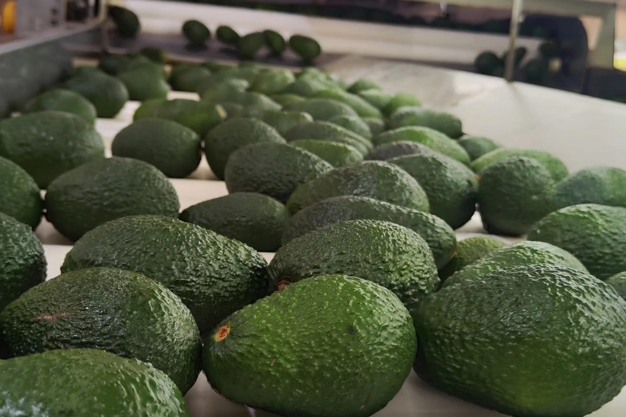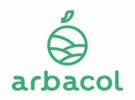The global tropical fruit market is constantly evolving, with Colombia consolidating as an exporter of avocados and limes. With steady production and a strategy focused on market diversification, the country is seeking to overcome challenges such as increasing competition and fluctuations in global demand.

"The global avocado industry is facing great pressures due to increasing volumes from new origins, such as Morocco, which are supplying significant volumes and specific sizes in key periods, such as December to March. The arrival of these origins has changed the picture, especially during the few good periods we had left for avocado marketing," says Mauricio López, commercial manager of Arba Colombia, referring to the impact on prices and demand.
The company, however, is focusing on diversification to mitigate risks. "We plan to export 200 containers this year, with a strong focus on the U.S. market, where we expect to increase our exports fivefold compared to last year. We are also considering the Middle East and Central America as new strategic destinations," he says.
Arba Colombia, part of the Peruvian Danper group, has managed to stand out as an avocado exporter and has recently entered the Tahiti lime market.

Regarding limes, Colombia has a competitive advantage thanks to its year-round production. This year, the company aims to direct 80% of its volumes to the United States, taking advantage of Mexico's low supply in the first months of the year.
The European market also remains a priority, although a more seasonal one. "Europe becomes active for us around week 24, with the start of summer," he says. López also stresses the importance of keeping an eye on phytosanitary issues in Brazil and other competitors to identify marketing opportunities.
There is competition from countries such as Morocco, Brazil, and Mexico, as well as emerging producers, such as Honduras, Guatemala and Peru. "These players are creating pressure in key markets, while global oversupply and low demand have driven avocado prices down," he says.

"In Brazil's case, phytosanitary issues such as citrus canker could represent an opportunity for Colombia in the event that this origin is affected, as we have seen happen in some periods over the last three years, but there can also be uncertainty if the situation improves and volumes increase. In the fruit business, it has become necessary to remain vigilant and keep a very close eye on any permanent changes in the market regarding supply and demand. Dishonesty in international transactions also remains a major challenge. This includes some importers not complying with payments or agreements, generating tensions and mistrust in the industry. There are also cases of exporters not delivering quality products or not delivering what had been agreed on, thereby affecting the sector's reputation. Today, finding good customers is a titanic challenge. The lack of seriousness and respect can affect the whole industry," says López.
"The first quarter will be key to consolidating our position in priority markets, such as the United States, while we continue to seek new opportunities in the Middle East and the Caribbean," he says.
For more information:
Mauricio López
Arba Colombia
Tel.: +1 6475300327
Tel.: +57 3216380356
[email protected]
www.arbacolombia.com










